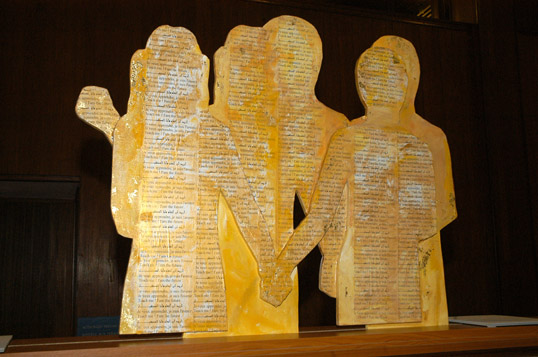Donors and partners
UNESCO’s main donors and partners

- © UNESCO/M. Ravassard
UNESCO’s main donors and partners are the following:
- Bilateral Government donors are UNESCO’s most important source of voluntary contributions, provided in addition to the assessed contributions. While overall programming of the activities to be funded from the voluntary contributions takes place in the context of UNESCO’s objectives and priorities, most Government donors play an active role in the selection and monitoring of the activities they finance in accordance with their own substantive and geographical priorities. This often leads to partnerships that go beyond the cash value of the contributions.
- The United Nations funds and programmes have in recent years become less and less important in UNESCO’s resource base, but still play a major role as partners in coordination, advocacy, analysis and policy advice, notably in the context of the United Nations Country Teams. However, a number of new UN funds have been created in recent years in the fields of UNESCO’s mandate; and multi-donor trust funds, notably in countries emerging from conflict or natural disaster, are often administered by the United Nations system.
- UNESCO’s partnership with the multilateral development banks comprises several components, including joint advocacy and programming; UNESCO workshops for bank staff within UNESCO’s key mandates; and actual implementation of the grant financed technical assistance under very large programmes and projects.
- In addition to its direct funding relations with the members of the European Union, UNESCO also enjoys an extensive collaboration with the European Commission. Beyond a number of senior level policy contacts with the relevant units in the Commission, UNESCO receives major extrabudgetary contributions for concrete programmes and projects, often initiated during direct contacts at the country level.
- The private sector, comprising both NGOs, foundations, companies and private individuals, plays a rapidly growing role among UNESCO’s partnerships with focus on joint action and advocacy, but also in several cases involving funding agreements.

